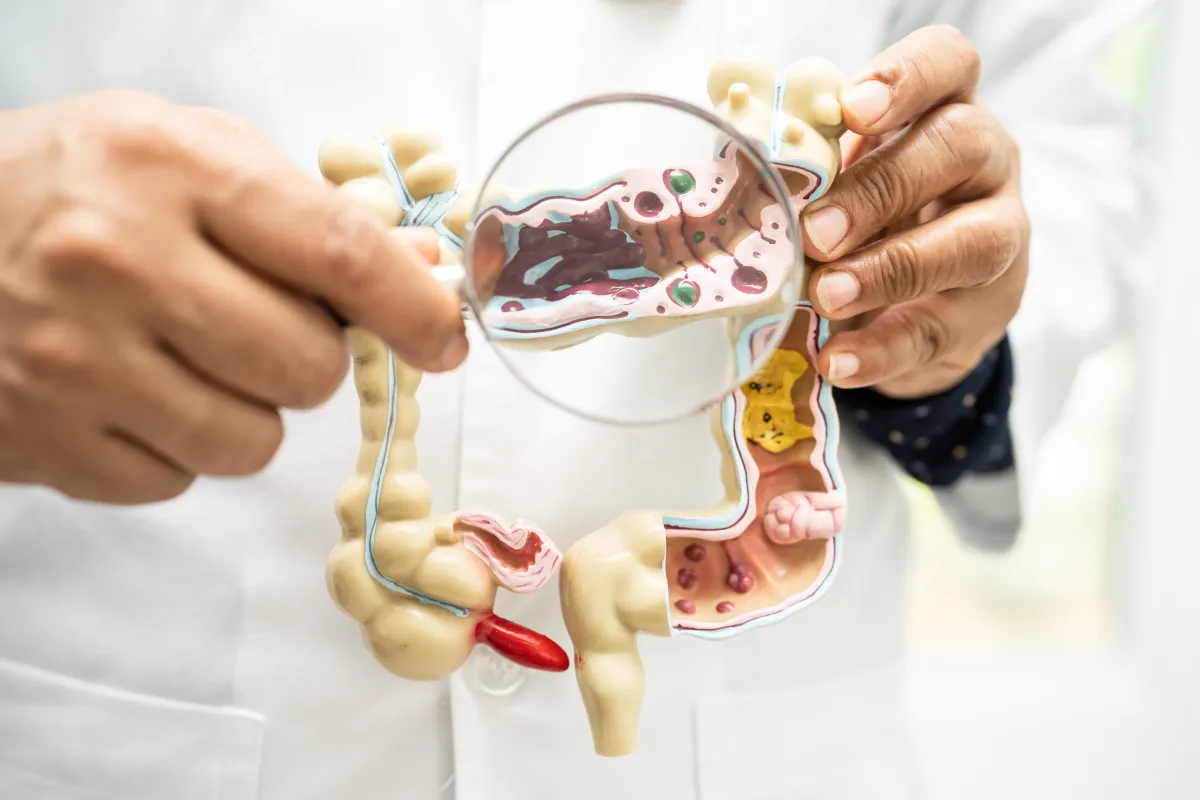Malabsorption: Gut Health
Malabsorption is a condition where the small intestine fails to absorb nutrients properly, leading to deficiencies, digestive issues, and potential weight loss, often linked to underlying disorders.

Description of malabsorption:
Malabsorption is a condition where the small intestine is unable to effectively absorb nutrients from consumed food, leading to deficiencies in essential vitamins, minerals, and other nutrients. This can occur due to various reasons, including damage to the intestinal lining, insufficient production of digestive enzymes, or other digestive disorders.
Malabsorption can result in a range of symptoms such as diarrhea, weight loss, and nutritional deficiencies. It may be associated with conditions like celiac disease, Crohn's disease, or chronic pancreatitis. Addressing malabsorption often involves treating the underlying cause and ensuring adequate nutritional support.
Role of Gut Imbalances in malabsorption:
Gut imbalances, particularly those involving the absence or insufficiency of healthy gut bacteria, significantly contribute to malabsorption. The gut flora plays a critical housekeeping role in the digestive system by maintaining the health and functionality of the gut wall, particularly the structure and function of the gut epithelium.
When the balance of gut bacteria is disrupted, several key issues arise:
Cell Renewal Disruption: Beneficial bacteria are essential for the renewal and maturation of intestinal cells, known as enterocytes. An imbalance can prolong the cell travel time from the crypts to the villi tops, potentially leading to unhealthy cells, which can reduce the gut's efficiency in digesting and absorbing nutrients.
Villi Degeneration: Healthy gut flora supports the maintenance of villi, the small projections in the intestines that absorb nutrients. Without this microbial support, the villi can degenerate, impairing nutrient absorption and leading to malabsorption, which results in nutritional deficiencies and food intolerances.
Nutrient Malabsorption: Proper digestion and absorption of proteins, carbohydrates, and lipids require the aid of gut flora. Imbalances can prevent the effective absorption of essential nutrients like vitamins, minerals, and amino acids, leading to deficiencies.
Production of Toxins: An abnormal balance of gut flora can lead to the production of harmful substances that damage the gut wall, interfering with nutrient absorption.
Compromised Immune System: The gut wall harbors about 80-85% of the immune system's function. Disruption in gut flora can weaken immune functions, leading to inflammation and damage to the gut lining, further compromising nutrient absorption. Maintaining a balanced gut flora is thus essential to prevent malabsorption and ensure the body's nutritional needs are met.
